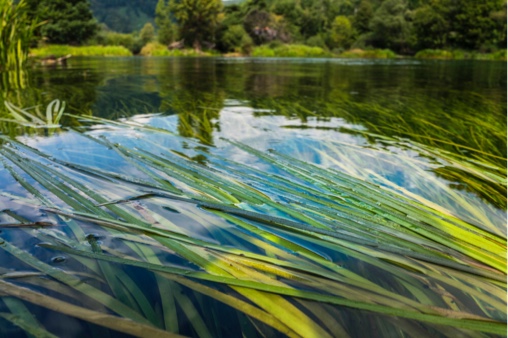The Nature Conservancy
Improving Water Security Through Nature-Based Solutions
Global report explores the environmental, economic and community benefits of source water protection

Arlington, VA | January 12, 2017
As demand continues to increase for clean and reliable water around the world, protecting the land surrounding our water sources is vital. The Nature Conservancy released a new study today, developed in partnership with the Natural Capital Project, Forest Trends, the Inter-American Development Bank and the Latin American Water Funds Partnership, which analyzes the source watersheds of more than 4,000 large cities around the world. “Beyond the Source: The environmental, economic and community benefits of source water protection,” illustrates how nature-based solutions, such as reforestation and improved agricultural practices, can be implemented at a scale to make a visible difference in sustainable development and improving the lives of billions of people.
Source watersheds collect, store and filter water, and when managed well, provide a number of additional benefits to people and nature. The study finds that four out of five cities analyzed can meaningfully reduce sediment and nutrient pollution through implementing forest protection, reforestation and using cover crops as an agricultural practice to improve water quality. More